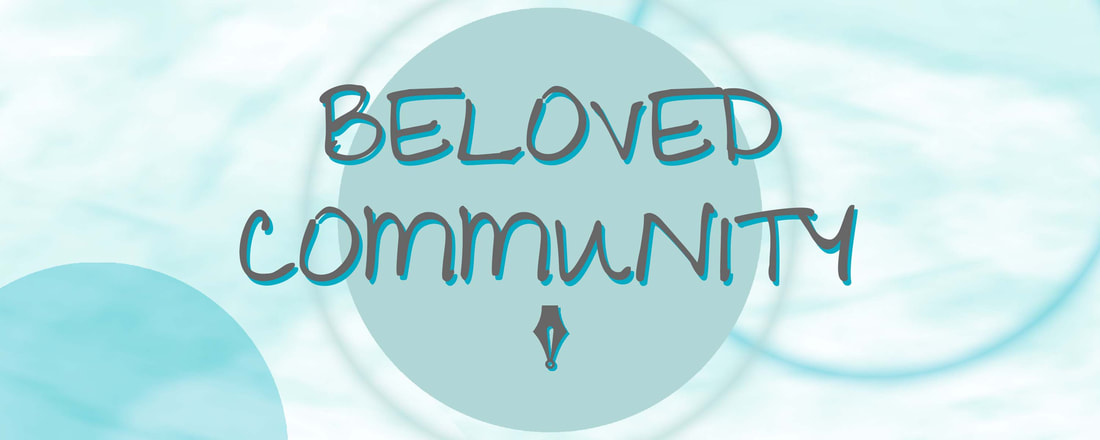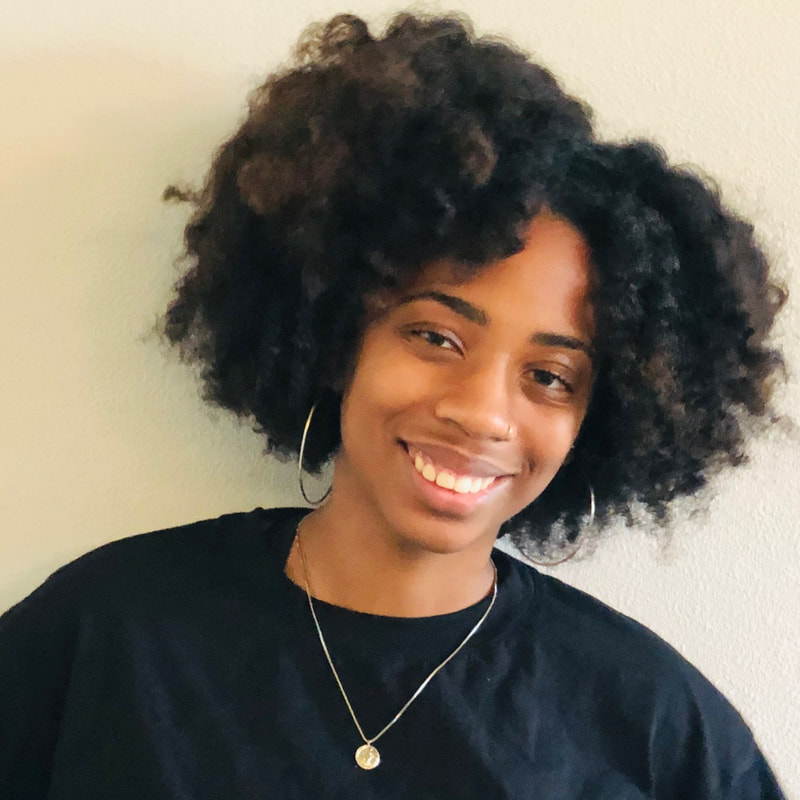|
At Humanities Amped in 2021, we are celebrating the first of our three core values: beloved community. As we look toward the future and its challenges, this aspect of our organizational vision, to nurture a dynamic, beloved community of lifelong learners and civic leaders, has never felt more essential to our individual and collective well-being. Over the next few months, we will release a series of think pieces reflecting on the theme of beloved community and how it shows up in our work at Humanities Amped. Click here to learn more about the heart of beloved community and why it matters so deeply to us. Our second beloved community reflection is from Asia Reese, Humanities Amped Community Educator, Program Manager, and Serve LA corps member.
Reclaiming Black Pasts, Creating Black FuturesAsia ReeseI went to school in "The Bottom" at a high school initially named Hickory Street School, later renamed The Baton Rouge Colored High School, but you most likely know it as McKinley Senior High School. I am an alumna of a predominantly Black school system and the state's first high school open for Black people, yet I only remember ever talking about Black History once every school year. The conversation, when we did have it, focused solely on a heavily sanitized story about our Civil Rights Elders: always teaching us their sacrifices, but rarely did we hear their critiques--especially the ones they made towards the end of their lives.
With that erasure, dissatisfaction and disinterest began to grow. As someone who always loved school, I began to grow skeptical of its purpose if it did not aim to culturally affirm the primary population that it served. This dissatisfaction is why I think many students may leave the state, as I did, in search of knowledge--and more importantly--Beloved Community. Beloved Community is only created when the space you are in is dedicated to acknowledging the full extent of your existence: your multiple identities, your past, present, and helping you create your future.
Coming off the high from BlackFutures: A Sankofa Series, my favorite part was and will always be the student engagement. From their questions, art submissions, songs, and drama performances it felt beautiful to provide an opportunity for them to learn and reflect on their history, our city's shared history and showcase their talent. However, I think the embodiment of Sankofa--reaching back to retrieve what is at risk of being left behind--came from our intergenerational conversations. Listening to revered community elder Maxine Crump ask the change-agent Myra Richardson what inspired her to get involved made me reflect on my own "How did I get here?" journey. Hearing the legendary Dr. Press Robinson ask young organizer Anthony Kenney what activism means to him felt like a question to all the youth. And, in the spirit of Beloved Community, it simultaneously provided an affirmation and call to action. It recognized our potential to change the world and forced us to consider who we are when we are creating our Black future. Now we have set the stage for another goal. We have expanded the Black History Month narrative to reflect a localized community truth through powerful oral histories and storytelling. Still, we must push for the account that reflects many students' lived reality to not be denied to them in their classrooms every other academic school day of the year. We acknowledge the influence of the Spanish and the French. Indeed, we can make space to honor the blood, sweat, tears, and culture created by the slave and their descendants despite white supremacy. We can teach our students that slavery is not Black people's shame but our nation's unaddressed violence. I truly believe once students' history becomes accessible and an intentional part of the school curriculum, we will empower young people to see the full extent of their humanity and heal a wound that has existed since before any of us reading this were born. BlackFutures: A Sankofa Series Black History Month Program
0 Comments
Leave a Reply. |
|
Contact Us |
Mailing Address7350 Jefferson Hwy
Ste. 485 PMB 130 Baton Rouge, LA 70806 |
© 2024 Humanities Amped
Humanities Amped is a 501(c)(3) nonprofit organization
Humanities Amped is a 501(c)(3) nonprofit organization


 RSS Feed
RSS Feed
